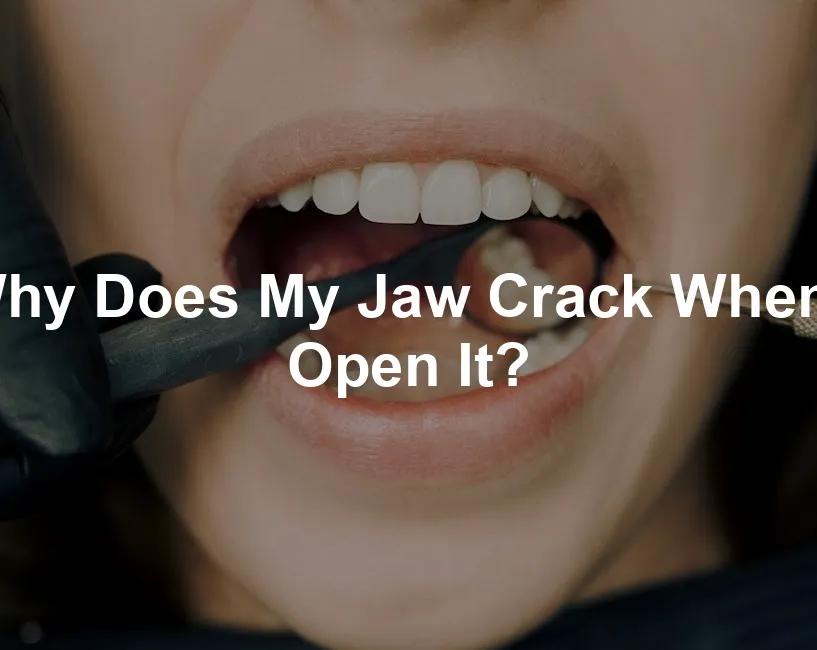
Why Does My Jaw Crack When I Open It?
Introduction
Have you ever noticed a crack or pop when opening your jaw? It’s a common occurrence that can raise concerns. Many people experience this, leading to questions about its causes. Understanding why your jaw cracks is essential. Knowing the implications can help you determine if you need medical advice.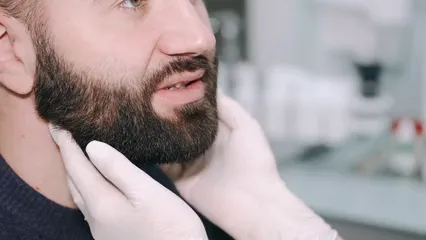
Summary and Overview
Jaw cracking often manifests as popping or clicking sounds. It can happen during various activities like yawning, chewing, or speaking. While it might not always indicate a problem, it can lead to pain or limited mobility in some cases. Although jaw cracking can be harmless, it may signal underlying conditions. Recognizing when to seek medical help is crucial. In this article, we will discuss the causes, symptoms, and treatment options available for jaw cracking. But don’t just sit there cracking jokes while your jaw cracks! Consider investing in a TMJ Relief Mouth Guard. It’s designed to help alleviate discomfort and prevent teeth grinding during the night. Trust me, your jaw will thank you for it!Common Causes of Jaw Cracking
Temporomandibular Joint Disorder (TMD)
Temporomandibular Joint Disorder, commonly known as TMD, affects the joint connecting your jaw to your skull. This condition can lead to jaw cracking when you open your mouth. Symptoms of TMD include jaw stiffness, pain in the face or neck, and limited movement. Triggers may involve stress, teeth grinding, or misalignment. If you notice cracking along with these signs, it might be time to consult a professional. Understanding TMD is crucial since it can indicate an underlying jaw disorder.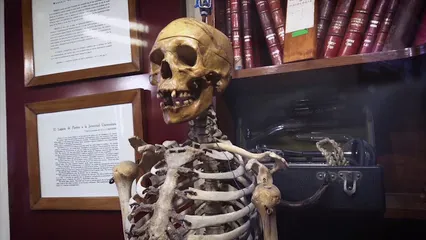
Arthritis
Arthritis can significantly impact the temporomandibular joint (TMJ), leading to jaw cracking. Types like osteoarthritis and rheumatoid arthritis cause joint inflammation, which can result in discomfort. Symptoms often include swelling, redness, and stiffness in the jaw area. The inflammation affects the cartilage, resulting in grinding or popping sounds when you move your jaw. If you experience persistent jaw pain or limited movement, it’s essential to discuss these concerns with a healthcare provider.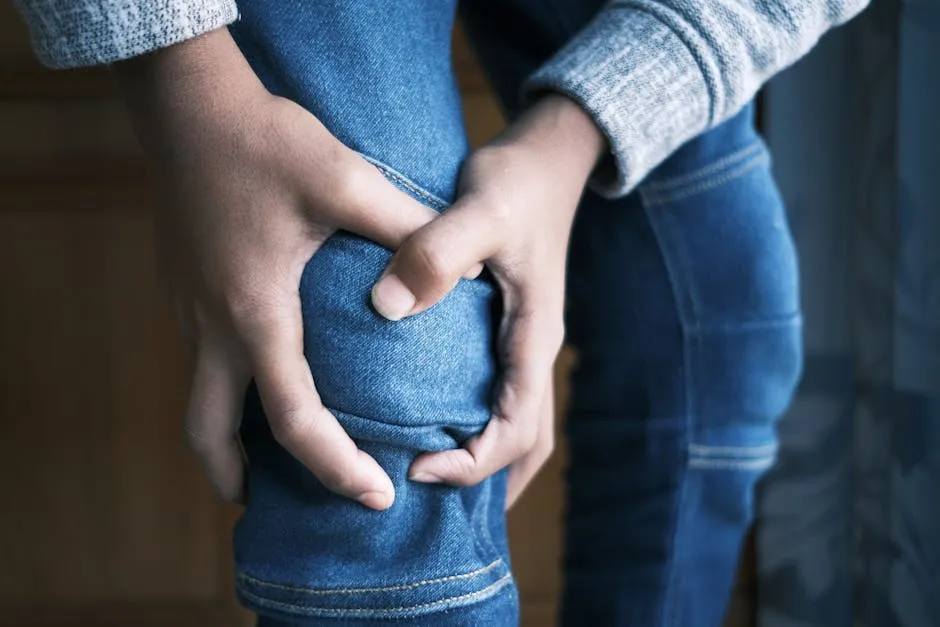
Jaw Dislocation or Injury
Injuries to the jaw can result in cracking sounds when you move it. A dislocated jaw occurs when the joint shifts out of its normal position. Signs of dislocation include facial pain, difficulty talking, and an uneven bite. If you suspect an injury, it’s essential to seek medical attention. Understanding the distinction between a simple crack and a dislocation can help you determine the level of urgency for treatment. Always take jaw trauma seriously, as it may require professional evaluation.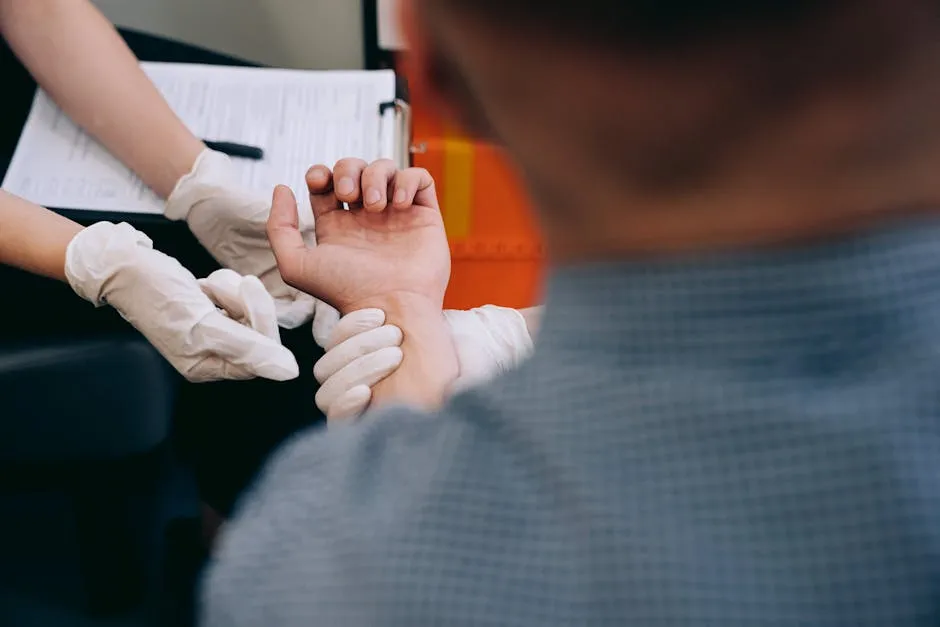
Myofascial Pain Syndrome (MPS)
Myofascial Pain Syndrome (MPS) is a condition characterized by muscle pain, which can impact your jaw. This syndrome is often linked to jaw tension and discomfort. Symptoms include throbbing pain in the jaw, muscle tenderness, and difficulty moving the jaw freely. Stress or repetitive movements can exacerbate MPS, leading to jaw cracking. If you experience these symptoms, practicing relaxation techniques and gentle stretching may help. Consulting a healthcare professional can also provide tailored strategies for relief.
Understanding Myofascial Pain Syndrome is important, as it can lead to jaw discomfort and related issues. Why do we get goosebumps when cold or scared
Malocclusion and Dental Issues
Malocclusion, or dental misalignment, can significantly contribute to jaw cracking. When your upper and lower jaws do not align properly, it can strain the temporomandibular joint (TMJ). This misalignment often leads to issues like TMD, where the jaw joint becomes dysfunctional. Common bite issues include overbites, underbites, and crossbites. These conditions can create uneven pressure during jaw movement, resulting in sounds like clicking or popping. Additionally, dental issues such as cavities or gum disease can exacerbate these problems. Addressing malocclusion early through orthodontic treatment can help alleviate jaw-related symptoms and restore proper alignment.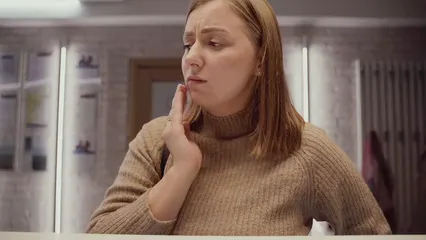
Other Causes
While malocclusion is a prevalent cause, other factors can lead to jaw cracking. Less common conditions include tumors and infections. Tumors in the jaw area can obstruct normal movement, causing discomfort and unusual sounds. Infections, such as osteomyelitis, can lead to swelling and pain, further complicating jaw function. Sleep apnea is another condition that might not seem directly related but can increase jaw tension and contribute to TMJ disorders. Each of these conditions can manifest in different ways, emphasizing the importance of monitoring symptoms and seeking medical advice when necessary.
When to Seek Medical Help
Indicators for Concern
Certain symptoms indicate when it’s time to seek medical advice for jaw cracking. If you experience persistent pain, swelling, or difficulty opening your mouth, these are red flags. Other concerning signs include jaw locking, unexplained ear pain, and frequent headaches. If your symptoms worsen or interfere with daily activities, don’t hesitate to consult a healthcare professional.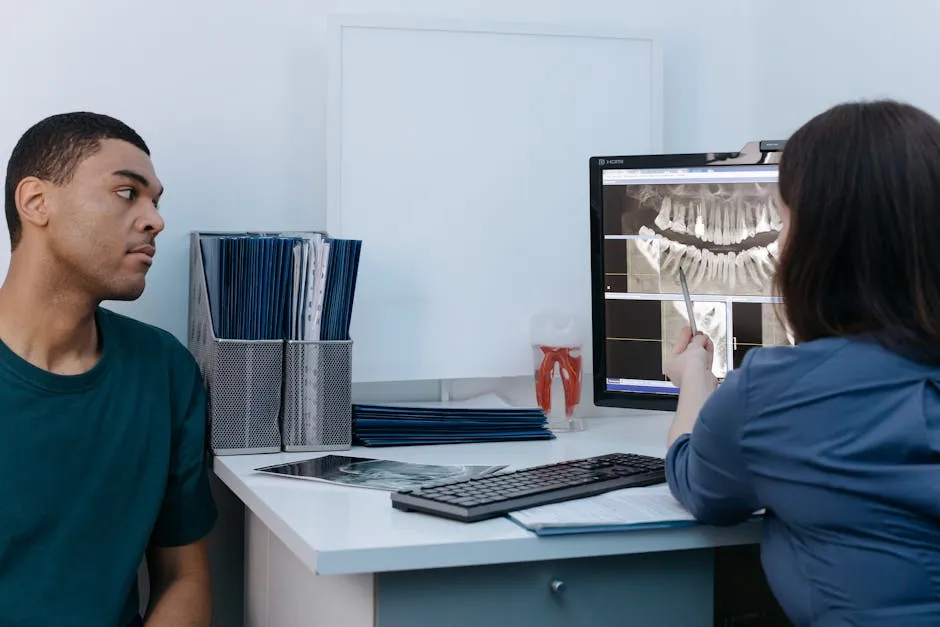
Treatment Options for Jaw Cracking
Home Remedies and Self-Care
Managing mild jaw cracking at home can be effective. Start with gentle jaw exercises to improve flexibility. These can help strengthen the muscles around the joint. Applying heat or ice packs can also provide relief from discomfort. Additionally, consider avoiding hard or chewy foods that may strain your jaw.
Professional Treatments
If home remedies don’t provide relief, various professional treatments are available for TMJ-related issues. Dental professionals can offer tailored solutions, such as custom mouthguards to prevent teeth grinding. Other options include physical therapy, which can enhance jaw movement and reduce pain.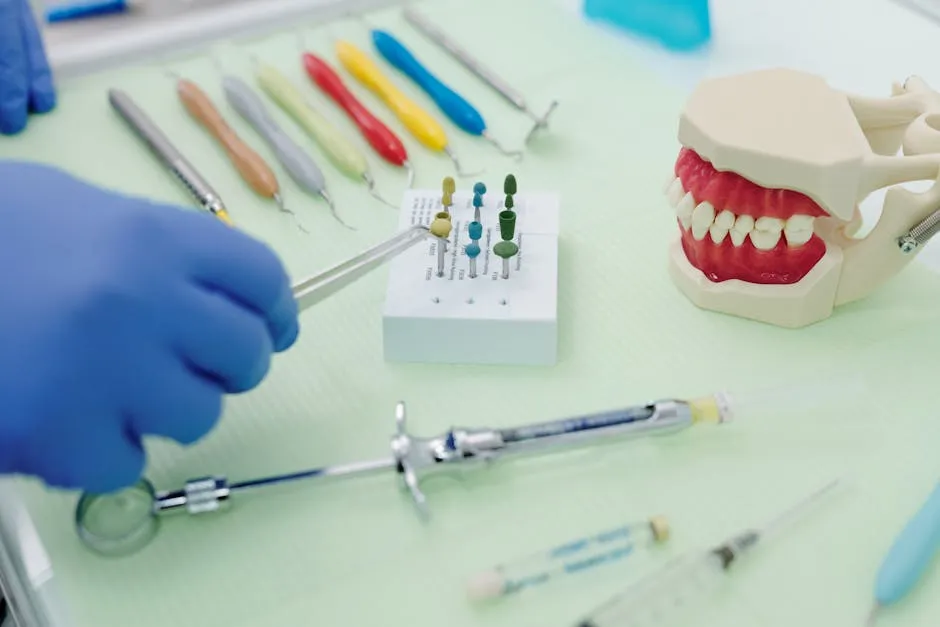
Preventative Measures
Taking steps to prevent jaw cracking can help maintain your oral health. Start by managing stress, as it often leads to teeth grinding. Practicing relaxation techniques, like deep breathing or yoga, can be beneficial. Pay attention to your jaw posture; keep your teeth slightly apart when not eating. This reduces unnecessary tension on the temporomandibular joint (TMJ).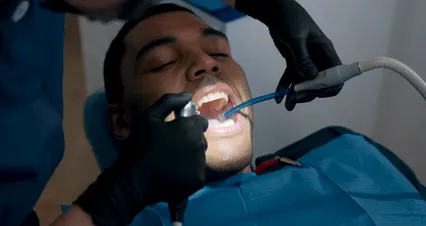
FAQs
Is it normal for my jaw to crack?
Jaw cracking is common and often harmless. However, if it occurs frequently or with pain, it may require evaluation.
What should I do if my jaw cracks frequently?
Monitor your symptoms and consider consulting a dentist for personalized advice and treatment options.
Can jaw cracking be a sign of a serious condition?
Yes, it can indicate issues like arthritis or TMD, which may need attention.
What home remedies can help with jaw cracking?
Gentle jaw exercises, warm compresses, and over-the-counter pain relief can provide relief.
When is it time to see a dentist for jaw issues?
If you experience pain, swelling, or difficulty opening your mouth, it’s important to seek professional advice.
All images from Pexels




